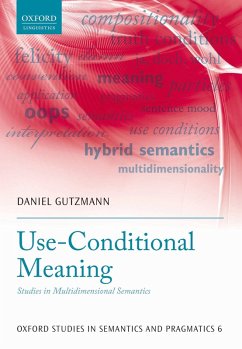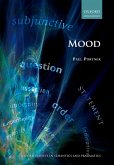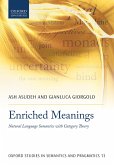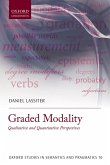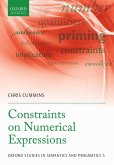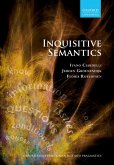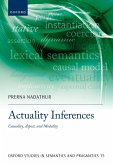This book seeks to bring together the pragmatic theory of 'meaning as use' with the traditional semantic approach that considers meaning in terms of truth conditions. Daniel Gutzmann adopts core ideas by the philosopher David Kaplan in assuming that the meaning of expressions such as oops or damn can be captured by giving the conditions under which they can be felicitously used. He develops a multidimensional approach to meaning, called hybrid semantics, that incorporates use conditions alongside truth conditions in a unified framework. This new system overcomes the empirical gaps and conceptual problems associated with previous multidimensional systems; it also lessens the burden on the compositional system by shifting restrictions on the combination of use-conditional expressions to the lexicon-semantics interface instead of building them directly into the combinatoric rules. The approach outlined in this book can capture the entire meaning of complex expressions, and also has natural applications in the analysis of sentence mood and modal particles in German, as Gutzmann's two detailed case studies demonstrate. The book will be a valuable resource for linguists working in the fields of semantics, pragmatics, and philosophy of language, as well as to philosophers and cognitive scientists with an interest in meaning in language.
Dieser Download kann aus rechtlichen Gründen nur mit Rechnungsadresse in A, B, BG, CY, CZ, D, DK, EW, E, FIN, F, GR, HR, H, IRL, I, LT, L, LR, M, NL, PL, P, R, S, SLO, SK ausgeliefert werden.
Hinweis: Dieser Artikel kann nur an eine deutsche Lieferadresse ausgeliefert werden.

